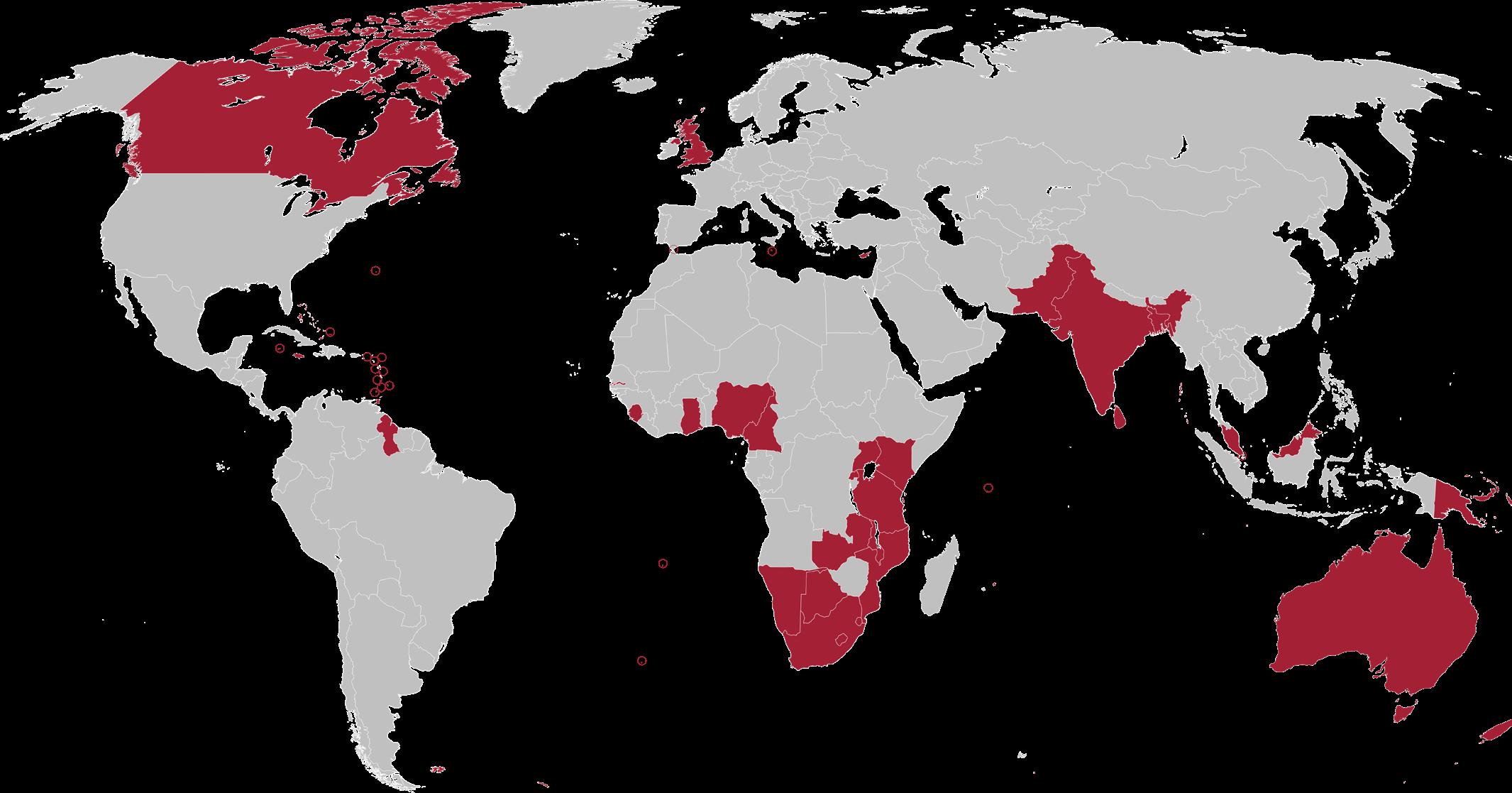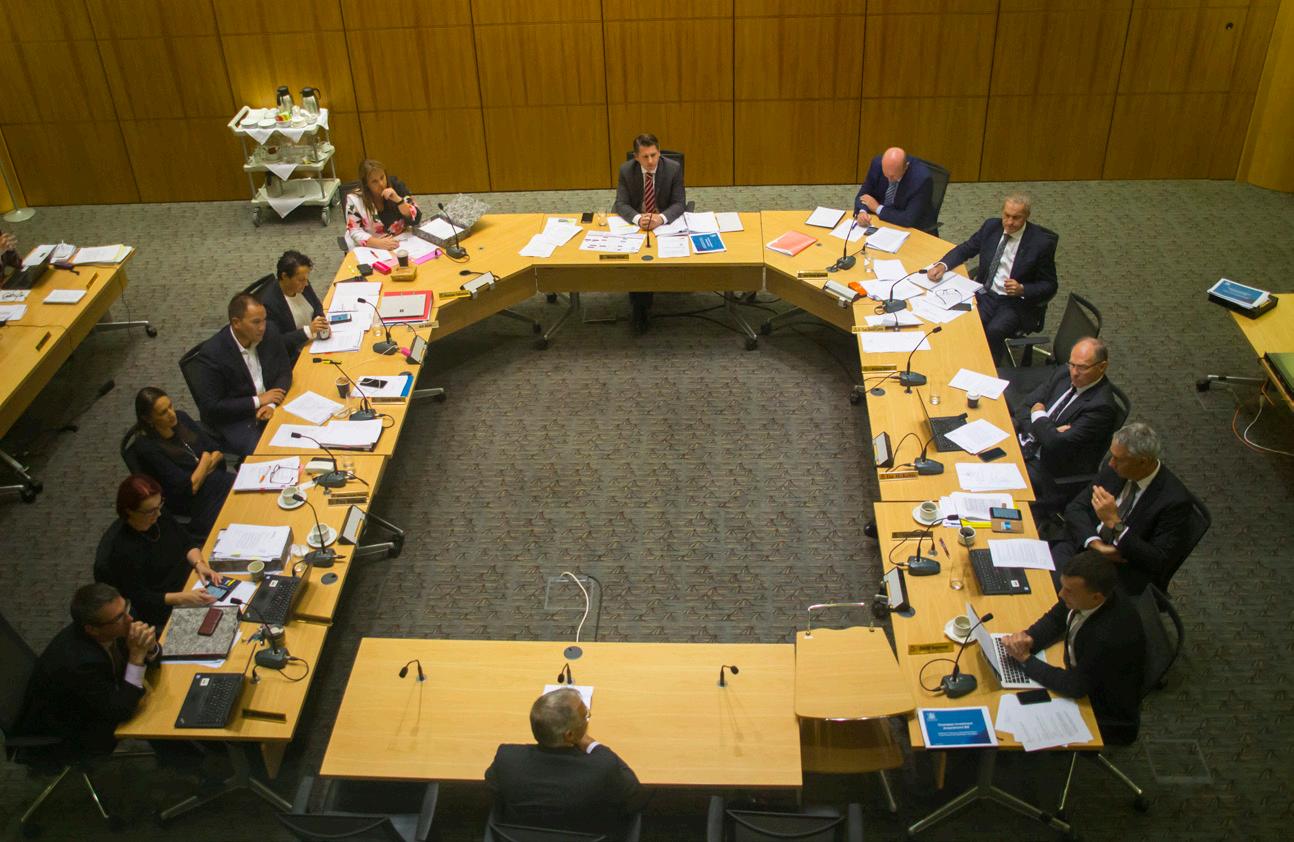
3 minute read
WHAT IS A LAY MEMBER?
A lay member commonly refers to someone who serves on the board or panel of an organisation in order to enhance its governance by acting as an advocate for public interest.
Lay members are a key component of professional regulatory bodies and the demand for such a component has in recent times surpassed the public sphere and crept into the realm of politics.
The adoption of lay members in various parliamentary systems is a phenomenon that is very complex by nature. The rationale for the inclusion of lay members into parliamentary systems may vary depending on the needs of the respective parliament, and in turn, the responsibilities attributed to lay members at the discretion of the parliament, too, vary. Therefore, in essence, there is no single concrete definition ascribed to a lay member in the broader parliamentary context.
However, in agreement with the definition applicable to the wider society and in accordance with the analysis of a select few parliamentary case studies (referenced throughout this handbook);
Non-Elected Members and Representatives

The concept of having a non-elected representative serving within a parliament dates as far back as the 19th century with the presence of ex-officio persons in the chambers of colonial governments. The term ex-officio is a Latin word, which directly translates to “from the office,” meaning a member who is a part of a body by virtue of another office or position they hold. In many UK Overseas Territories and small jurisdictions, it was proclaimed in their constitutions that ex-officio members must exist within the parliamentary system. In the 1976 Constitution of the Anguilla House of Assembly, for example, twenty three percent of the House was declared ex-officio. The Executive Council was fifty percent non-elected. In this case, one notable motivation for the adoption of these
members was to ensure technical expertise was available to advise government on matters relating to law and finance in the House. Although there are far fewer ex-officio members in the Anguillan House of Assembly today, (succeeding the 2019 Constitutional Amendment which made provisions for the House to consist of a Speaker, 2 ex-officio members (the Attorney General and the Deputy Governor), and 10 elected members, for a total of 13 persons2), they still exist and have done so for many years. In Anguilla, these members, Attorney General and the Deputy Governor, are appointed at the will and discretion of the Governor, although they do not have a mandate from the people, they have the same influence in their ability to vote.

In many Commonwealth jurisdictions there is also a precedent that the Speaker is often appointed and is not a formal elected Member of the House. In the Cook Islands for example, in accordance with the Constitution3 and Standing Orders,4 the Speaker is to be elected by the House at the start of the parliamentary term and does not have to be a Member of Parliament, but must merely be able to qualify for election as one.
In the instance of St Lucia, in October 2020, the Governor General appointed three new temporary senators to ensure that an emergency COVID-19 bill5 could be deliberated on.
2 http://www.gov.ai/images/clipart/Phyllis%20presentation.pdf pg. 3 3 http://www.mfem.gov.ck/images/documents/CEO_docs/Legislations/Constitution-of-the-Cook-Islands/Constitution%20of%20the%20Cook%20Islands%20as%20at%2017%20July%201997%20with%20amendments%20 incorporated.pdf 4 https://parliament.gov.ck/mandates/standing-orders/ 5 https://www.caribbeannewsglobal.com/wp-content/uploads/2020/09/COVID-19-Prevention-and-Control-Bill.pdf




